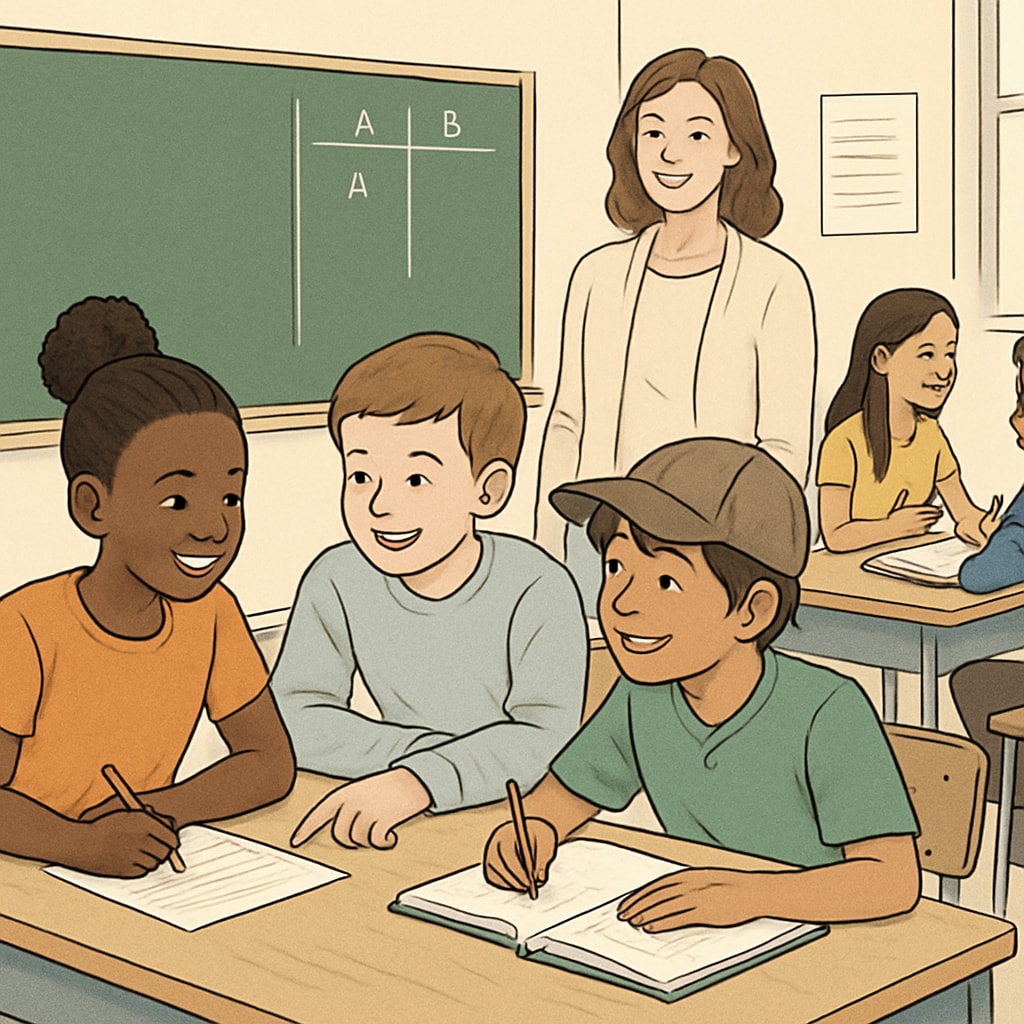In today’s interconnected world, exposing children from privileged backgrounds to economically diverse education environments is becoming increasingly essential. While traditional schooling often segregates students based on socioeconomic status, integrating children into diverse settings can cultivate empathy, social awareness, and resilience—skills that are crucial in fostering holistic development and preparing them for the complexities of adulthood.
Why Economic Diversity Matters in Education
Economically diverse education environments provide children with a more comprehensive view of society. In such settings, students interact with peers from various economic backgrounds, allowing them to understand perspectives different from their own. This exposure challenges preconceived notions and encourages mutual respect, which is vital for building inclusive communities.
- Empathy Development: Children learn to appreciate the challenges faced by peers from economically weaker backgrounds, fostering a sense of compassion.
- Social Awareness: Exposure to diverse experiences helps students recognize systemic inequalities and value the importance of equity.
- Resilience: Interacting with peers who exhibit strength despite adversity inspires children to develop greater emotional resilience.

Benefits for Privileged Children
While economically diverse classrooms primarily aim to uplift marginalized students, children from privileged families also benefit immensely. Here’s how:
- Real-World Understanding: Privileged children often grow up insulated from societal struggles. Exposure to economic diversity equips them with a grounded understanding of the world.
- Improved Problem-Solving Skills: Engaging with diverse peers fosters creativity and adaptability, as children learn to approach problems from multiple perspectives.
- Leadership Qualities: Collaboration in heterogeneous groups builds communication and leadership skills, preparing them for future roles in inclusive settings.
According to research conducted by Britannica, educational environments that embrace socioeconomic diversity can significantly enhance students’ cognitive and emotional growth. These benefits are particularly pronounced for privileged children, as their exposure to diverse viewpoints enriches their personal development.
Practical Tips for Parents
Parents play a critical role in ensuring their children benefit from economically diverse educational settings. Here are some practical steps they can take:
- Choose Schools Wisely: Opt for schools that prioritize inclusivity and offer scholarships to students from economically weaker backgrounds.
- Encourage Community Engagement: Participate in local programs where children can interact with peers from diverse socioeconomic statuses.
- Foster Open Conversations: Discuss topics like privilege, inequality, and empathy at home to help children develop a deeper understanding of these concepts.
Parents can also explore resources like Wikipedia’s guide on inclusive education to learn more about promoting diversity in learning environments.

Looking Ahead: The Long-Term Impact
Children who grow up in economically diverse education environments often emerge as more socially conscious adults. They are better equipped to navigate multicultural workplaces, advocate for equity, and contribute positively to society. These settings provide privileged children with the tools to become empathetic leaders who understand the importance of collaboration and inclusivity.
In conclusion, integrating children from privileged backgrounds into economically diverse education environments is not just beneficial for their personal growth—it is essential for creating a more just and equitable society. By fostering empathy, social awareness, and resilience, parents and educators can ensure the next generation is prepared to bridge societal gaps and lead with compassion.
Readability guidance: The article uses clear, concise language with short paragraphs and lists to enhance readability. Transition words are incorporated throughout to improve flow, while practical tips provide actionable insights for readers.


